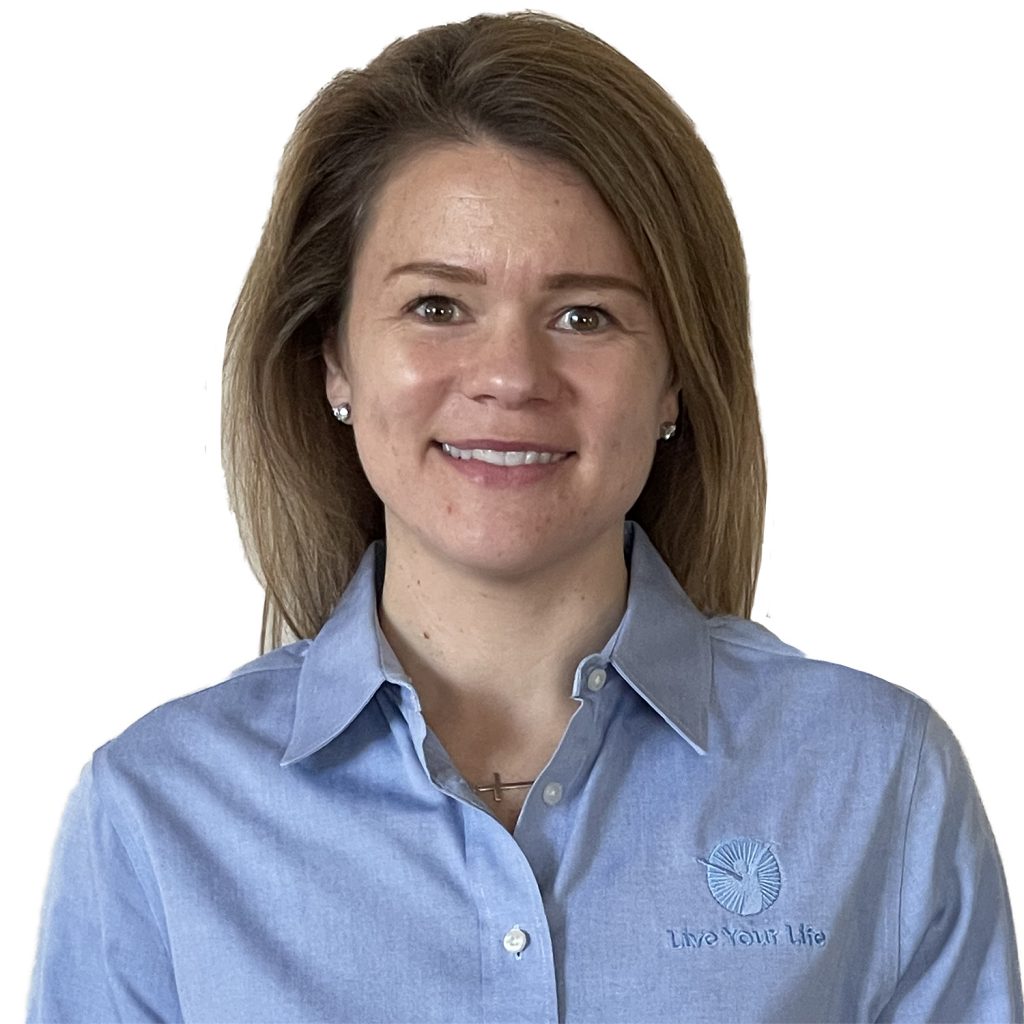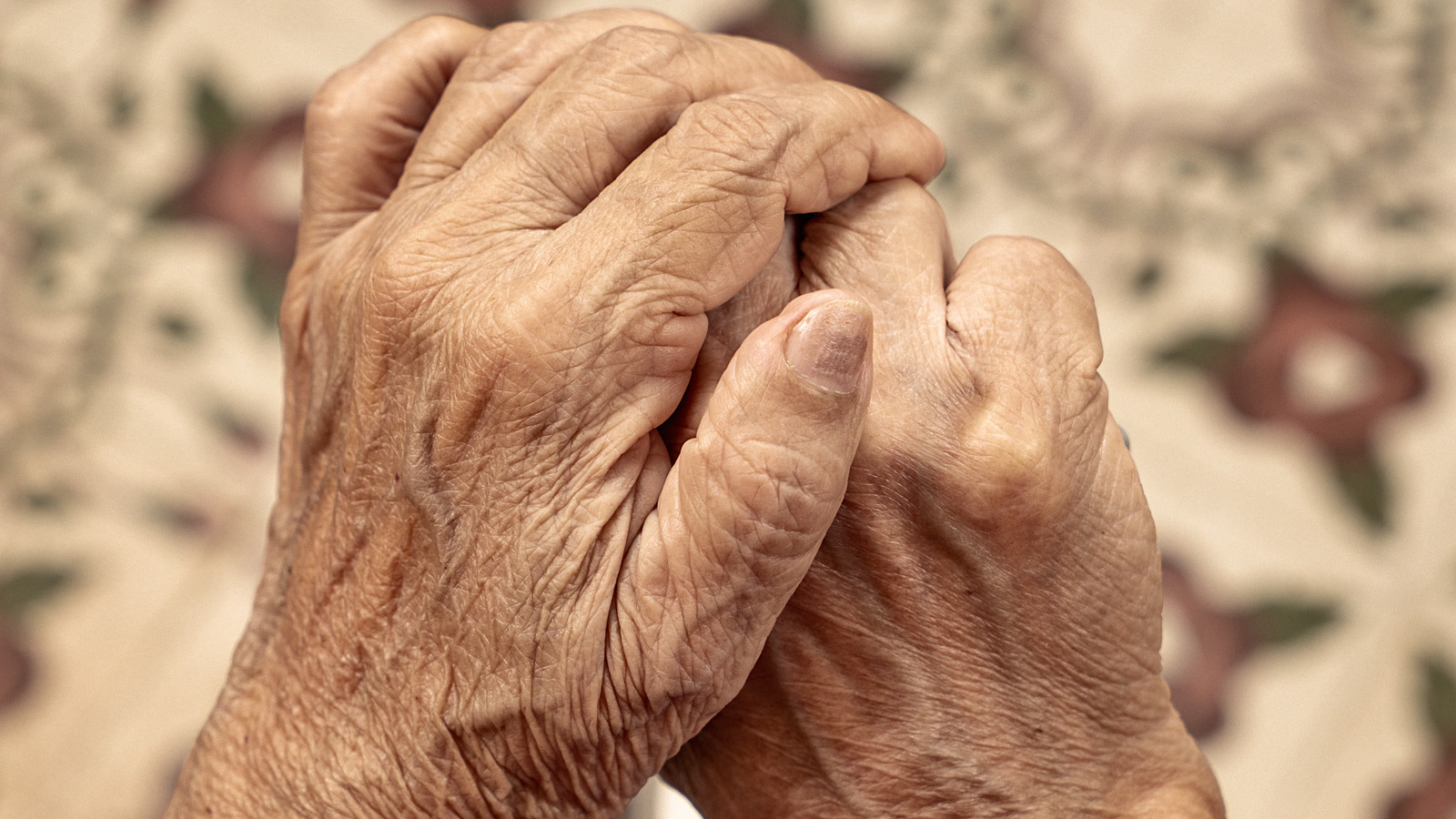As much as we would like to, we cannot stop the process of aging. We can, however, slow down the clock with nutrition. What we eat & drink can drastically alter how we spend our “golden years”. A healthy diet is shown to keep both our bodies and our brains looking, feeling, and working better. A few easy changes to your diet will decrease your body and brain’s risk of disease and help you look and feel years younger. Here are some of the areas that are worth your time and focus.
PROTEIN: Close to half of all older Americans fail to meet their daily protein needs. This is concerning, as eating sufficient protein is crucial for our health as we age. Protein helps stop the loss of lean body mass, which decreases the risk of falls by helping maintain strength and stability. Protein also is needed to create antibodies, which help your immune system fight off infections and disease. So, how much protein should older adults be aiming for, and what are the best sources? The recommendation is at least 0.5 grams of protein for every pound of body weight. This means a 150 lb. person would need around 75 grams of protein each day Meeting this protein level can be challenging, as when we age our metabolism tends to slow down, decreasing our hunger cues, so knowing which foods are high sources of protein is crucial. The best sources are Fish, Chicken, Beef, Eggs, Cheese, Tuna, and milk-based yogurt. For those with chewing difficulties, protein supplements can be used. Talk to a dietitian about which one may be right for you.
FIBER: Proper fiber intake, while important at all ages, becomes even more crucial as we age. A recent study showed that those who consumed enough fiber each day had an 80% greater chance of living a long, healthy life. Fiber helps with a wide range of issues, from constipation, a common concern as we age, to decreasing inflammation in the body- a root cause of many disease states. While there are different types of fiber, the best rule of thumb is to get fiber from multiple sources each day. Beans, Berries, Avocados, Dried fruit, and nuts are all great sources of fiber.
HEALTHY FATS: Sixty percent of our brains are made up of fat, meaning consuming enough fatty acids is crucial for keeping our brains sharp. Omega 3 fatty acids as found in fish and nuts are great for our brains. Don’t like fish? That’s okay, here’s a fun fact: Blueberries actually contain omega 3’s and will help you meet your fiber goals.
HYDRATION: Adults who drink enough fluids each day to stay hydrated have been shown to have fewer chronic conditions such as heart or lung disease, and to live longer, healthier lives. Dehydration increases serum (blood) sodium levels, which can cause accelerated aging. Most older individuals should be aiming for 7-9 cups of fluid each day; just be sure that these 7-9 cups are not all coming from coffee or other caffeinated beverages which tend to cause increased urination and therefore dehydration. Hydration also helps keep our energy up, and your skin will thank you as well, staying less dry and less prone to new wrinkles.
While many things can feel “out of our control” as we age, it is important to focus rather on all the wonderful things we can control and give our bodies, as these are the only bodies we get. They have carried us this far, now let’s treat them well.
If you are struggling with your nutrition and eating habits, click here to learn about the mobile dietary services and nutrition counseling at Live Your Life Minnesota and contact us for a free consultation.

Today’s world offers more nutrition information at our fingertips than ever before. However, when it comes to nutrition, there is no one size fits all solution leading many to feel exhausted by years of “trial & error.” Sarah’s mission is to help people weed through the noise and to educate and empower them on simple ways food can help them regain their energy for life. She believes your body was designed to work well; you simply need the tools to get it back on track.
Sarah graduated from the College of St. Benedict with a B.A. in Dietetics and went on to receive an M.S. in Human Nutritional Science from the University of Wisconsin Stout where she focused on using nutrition to help those living with multiple sclerosis and other inflammatory diseases.
Sarah lives in Mahtomedi with her husband and 3 children and loves the access to nature Minnesota living provides all year round.
Sources:
“Benefits of Protein for Older Adults in Preventing Falls and Fragility.” https://www.nutritionnews.abbott/healthy-living/aging-well/benefits-of-protein-preventing-falls-and-fragility/.
Leitão, Catarina, et al. “The Effect of Nutrition on Aging—a Systematic Review Focusing on Aging-Related Biomarkers.” Nutrients, vol. 14, no. 3, 27 Jan. 2022, p. 554, mdpi-res.com/d_attachment/nutrients/nutrients-14-00554/article_deploy/nutrients-14-00554.pdf, https://doi.org/10.3390/nu14030554.
“Link between Hydration and Aging.” National Institutes of Health (NIH), 23 Jan. 2023, www.nih.gov/news-events/nih-research-matters/link-between-hydration-aging. Accessed 26 Feb. 2023.
What makes us different? Our care comes to you!
View Our Service AreaWe Are A Comprehensive Mobile Company Focused on Wellness, Fitness, Rehabilitation, and Prevention
We specialize in transforming the lives of seniors, adults and teenagers with a wide array of diagnoses and conditions in their home or location of choice. You deserve to be your best self through good health and wellness. We would love to have the privilege to work with you or a loved one.
Request a FREE Consultation Today!
